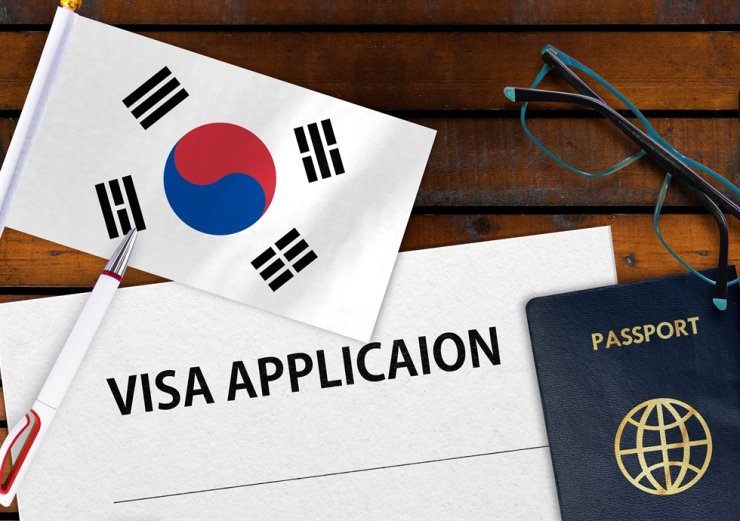Obtaining a visa for Korea as a foreigner involves navigating a complex and often stringent process. One of the key challenges faced by many prospective visa applicants is the requirement to be outside Korea for the visa issuance. This stipulation means that individuals cannot obtain a new visa while in the country on a tourist visa, necessitating a return to their home country or another location outside Korea to complete the visa application process. This essay will explore the intricacies of the Korean visa process, the rationale behind the requirement to be outside the country, and potential solutions to mitigate the associated challenges.
The Visa Process Overview
The Korean visa process begins with determining the type of visa required based on the purpose of the visit, such as work, study, or family reunion. Applicants must gather the necessary documents, which typically include a valid passport, application forms, photographs, proof of financial stability, and any additional documents specific to the visa type, such as employment contracts or university acceptance letters.
One significant aspect of the Korean visa process is that the initial application and issuance must occur outside Korea. This requirement is rooted in the principle that visas are a form of entry permission, which should logically be granted before entering the country. Thus, individuals who enter Korea on a tourist visa cannot change their visa status while in the country and must exit to apply for a different visa type.
Challenges Faced by Applicants
This requirement poses several challenges for visa applicants. First, the financial burden of traveling out of Korea to apply for a visa can be significant. Applicants must bear the costs of airfare, accommodation, and other travel-related expenses, which can be prohibitive for many. Additionally, the time required for this process can disrupt personal and professional plans, causing further inconvenience.
Second, the need to leave the country may pose legal and logistical hurdles. For instance, some applicants might face difficulties obtaining entry permits to third countries for the purpose of visa application. Moreover, the uncertainty and stress associated with the possibility of visa denial after investing time and resources can be overwhelming.
Rationale Behind the Requirement
The requirement to be outside Korea for visa issuance is primarily intended to maintain control over the entry process and ensure that all necessary checks and balances are in place before granting entry permission. By processing visa applications outside the country, Korean authorities can thoroughly vet applicants without the added pressure of their physical presence in Korea, which might complicate enforcement actions if the application is denied.
Additionally, this practice aligns with international norms, as many countries require visa applications to be made from the applicant’s home country or a third country. This approach helps maintain the integrity of the immigration system and ensures that visas are issued based on complete and verified information.
Potential Solutions and Recommendations
To address the challenges faced by visa applicants, several measures can be considered. Firstly, the Korean government could explore the possibility of establishing streamlined processes for certain visa types, such as work or study visas, that allow for in-country status changes under specific circumstances. This approach could alleviate the financial and logistical burdens on applicants while maintaining immigration control.
Secondly, enhancing communication and providing clear, detailed guidelines on the visa application process can help applicants better prepare and avoid unnecessary delays or complications. Providing support services, such as dedicated visa assistance centers or online resources, can also improve the overall experience for applicants.
Finally, fostering bilateral agreements with other countries to facilitate smoother visa processing for Korean-bound travelers can be beneficial. Such agreements could include provisions for expedited processing, reduced documentation requirements, or mutual recognition of certain credentials.
Conclusion
The visa process for foreigners in Korea, particularly the requirement to be outside the country for visa issuance, presents notable challenges. While this requirement is rooted in maintaining immigration control and aligning with international norms, it imposes financial, legal, and logistical burdens on applicants. By considering measures to streamline the process, enhance communication, and foster international cooperation, Korea can improve the visa application experience for foreigners, ultimately fostering a more welcoming and efficient immigration system.




